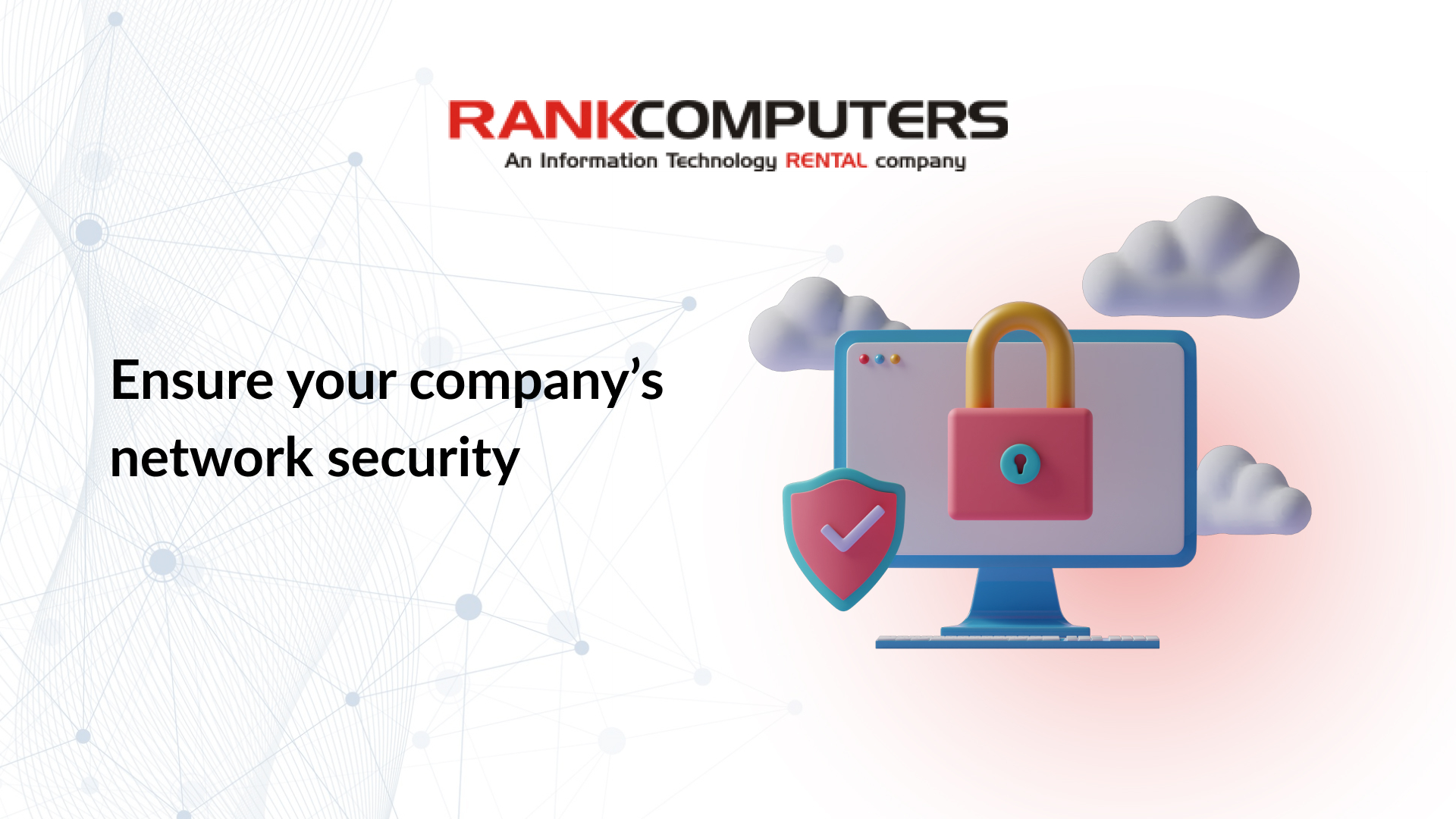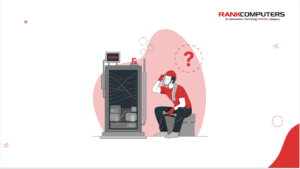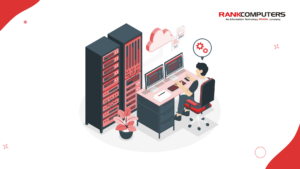Introduction
As more and more business operations have become digitised in today’s time, network security has become an important aspect of running a business. Organisations face cybersecurity threats every day on several fronts, and the more devices that are added to the network, the more vulnerable it becomes. According to a study conducted by The Clark School at the University of Maryland, a cyber attack happens every 39 seconds and computers are hacked an average of 2,244 times a day. On top of this, since the internet of things is ever-growing, hackers have numerous openings to place their attacks.
Network security refers to the steps taken to protect the integrity and confidentiality of a network and the data it contains. It involves implementing a variety of policies, procedures, and technologies to prevent unauthorised access, theft, damage, or misuse of data and should be a critical consideration for businesses to protect their sensitive data and to ensure that their business processes are running smoothly.
Ways to ensure network security in your company
Network Segmentation
If you run a big workplace or your business processes run over a large network, it gives cyber attackers that much bigger platform to exploit, which appeals to them. Network segmentation is the practice of dividing a network into smaller logical or functional units called ‘zones’.
For instance, you can allot a separate zone for marketing, one for sales, or another one for administration. These zones can be set up using switches, routers, or VLANs. You can create a virtual local area network by configuring a switch to behave like a distinct network. To accomplish that, you must choose a network switch that is right for your business.
When you segment your network, it limits the possibility of potential attacks on a particular zone. With this, what you’re essentially doing is dividing one target into multiple targets, which leaves malicious actors in a situation where they need to decide whether to attack one single zone and attempt to breach the divisions (which is difficult) or to individually target each zone (which increases the chances of the attacker getting tracked). Neither choice looks as appealing as attacking a large network.
Implement a Firewall
When you design your network segmentation strategy, you would want to plan the placement of your devices. The easiest of them all is a firewall. A firewall is one of the primary methods used to control access to computer networks and data. It provides an additional layer of protection for your network, by blocking unauthorised access to your systems and protecting against malware attacks.
A firewall should be placed at each junction of your network zone, so each segment is protected by it. If you think it might not be cost-effective or it might be difficult to accomplish, let us tell you that it is easier than you might think. Upgraded models of switches and routers are capable of acting as firewalls – they just need to be turned on and configured properly.
Besides that, there are personal firewalls installed on every computer that is connected to your network. They also filter packets and stop them from leaving or reaching your system, much like your traditional firewalls. To ensure network security, you must check and enable personal firewalls on all the devices on your business’s network.
Monitoring Your Network
Tracking network activity to identify potential security threats or performance issues is a very crucial step in ensuring network security. This can help you secure your network by providing real-time monitoring and alerts for potential security threats. You can accomplish that by monitoring the usage of the different types of protocols on your network. You can obtain data from routers, switches, and firewalls, and analyse the deviations. If there are protocol deviations, it might signify that there is unauthorised software being used to transmit data. This can help you respond quickly to any issues and reduce the risk of a security breach.
Install Antivirus Software
External, physical measures can prove ineffective if there is an internal attack on your network. To mitigate that risk, it is always better to have antivirus software installed on all your systems. Having reliable antivirus software on your systems can help you get rid of adware, malware, and viruses, which can be used by hackers to breach your network.
Apart from that, since every employee in your company might not adhere to safe computing practices, they can unknowingly put your organisation’s network security at risk. Antivirus software can detect and prevent malicious programs from being installed on your systems.
Use Updated Hardware
This might seem like an obvious step, but it is a crucial one. After a certain point in time, any device in your company’s IT infrastructure can become outdated. This might lead to a situation where the devices stop receiving firmware updates, and they might contribute towards compromising your business’s network security. Any and every piece of hardware that you use – computers, tablets, servers, or routers – must be kept up to date with the latest security patches and fixes. However, this might require you to upgrade your old equipment with newer models, which can turn out to be quite expensive – especially if you have a vast IT infrastructure set up.
An alternative for this can be rental IT equipment. When you go for IT rentals, it becomes easier for you to keep your hardware devices up-to-date, and keep up with the latest technology.
Conclusion
There are various other ways in which you can ensure that your company’s network is secure. For instance, you can encourage the use of VPNs, two-factor authentications, using stronger passwords, and implementing penetration testing. These measures can be practised by your employees to safeguard your systems from any attacks at an elementary level.
For a lot of businesses, however, especially small businesses and startups, network security does not make it to their list of priorities. It is primarily because of budgetary constraints, as they might not have enough funds to allocate to network security measures. However, rental IT equipment can be the solution. IT rentals provide easy scalability and flexibility at a reasonable price. You can easily rent custom firewalls depending on the unique requirements of a particular zone, or software, or you can upgrade your servers, desktops, or routers.
When you rent IT equipment from dependable, experienced rental providers like Rank Computers, you can rest assured that they will provide you with high-quality rental equipment from the top brands. Besides providing quality rentals, they can also take care of the maintenance and support – so you can cut down on IT servicing costs. Contact Rank Computers today to get a customised quote for your IT rental needs.



